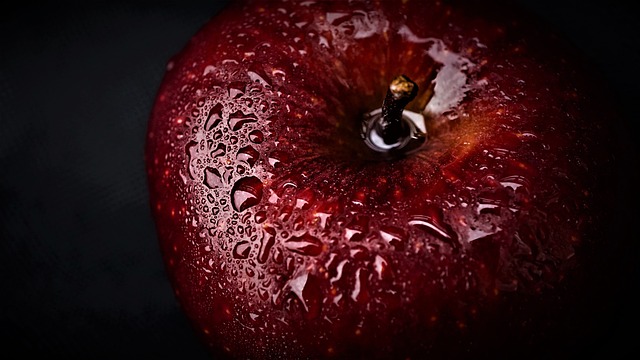Boost Your Immunity with Probiotics: Unlocking the Power of Microbes Within
Probiotics have been gaining popularity in recent years, and for good reason. These beneficial microbes, when consumed in adequate amounts, can have a profound impact on our overall health, particularly on our immune system.
What are Probiotics?
Probiotics are live microorganisms that provide health benefits when consumed in sufficient quantities. They are often referred to as “friendly bacteria” or “good bacteria” because they promote a healthy gut microbiome, which is essential for overall well-being.
While there are hundreds of different strains of probiotics, the most common types belong to the Lactobacillus and Bifidobacterium genera. These bacteria naturally reside in our digestive tract and play a crucial role in maintaining a balanced gut flora.
Boosting Immune Function
Did you know that nearly 70% of our immune system is located in our gut? The gut microbiome has a complex relationship with our immune system, and a well-balanced gut flora is essential for optimal immune function.
Probiotics can enhance our immune response by:
- Increasing the production of natural antibodies
- Enhancing the activity of immune cells
- Strengthening the intestinal barrier to prevent the entry of harmful pathogens
These immune-boosting effects can help reduce the risk of infections, such as the common cold, flu, and even more severe illnesses.
Improving Gut Health
A healthy gut is crucial for overall well-being. Probiotics help promote a balanced gut microbiome by increasing the number of beneficial bacteria and inhibiting the growth of harmful microbes.
When the gut microbiome is in harmony, it helps with:
- Breaking down and absorbing nutrients from our food
- Supporting digestion and alleviating digestive issues like bloating and constipation
- Producing vitamins, such as vitamin K and certain B vitamins
- Preventing the overgrowth of harmful bacteria, which can lead to infections or inflammation
By maintaining a healthy gut environment, probiotics indirectly benefit the immune system and contribute to improved overall health.
Sources of Probiotics
Probiotics can be found in certain types of food and dietary supplements. It’s always best to obtain nutrients from natural food sources when possible.
Foods rich in probiotics include:
- Yogurt: Choose yogurts with live and active cultures. Greek yogurt and traditional yogurt are excellent choices.
- Kefir: A fermented milk drink that is similar to yogurt but with a thinner consistency.
- Sauerkraut: Fermented cabbage that contains various strains of probiotics.
- Kombucha: A tangy, fermented tea that is becoming increasingly popular.
- Kimchi: A traditional Korean side dish made from fermented vegetables.
- Tempeh: A soy-based product that is rich in probiotics and protein.
When selecting probiotic-rich foods, make sure to check the labels for the specific strains and the number of live cultures they contain. It’s also important to note that probiotics can be sensitive to heat and their stability might decrease during cooking or food manufacturing processes.
Choosing the Right Probiotic Supplement
If you find it challenging to incorporate probiotic-rich foods into your diet, supplements can be a convenient alternative.
When choosing a probiotic supplement, consider the following:
- Strain specificity: Look for products that contain researched strains known for their health benefits.
- CFU count: CFU stands for colony-forming units and indicates the number of viable organisms present in a supplement dose. A higher CFU count doesn’t always mean a better product.







